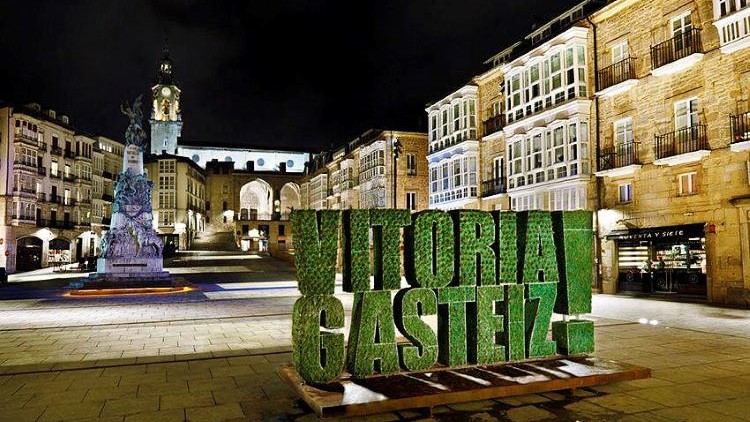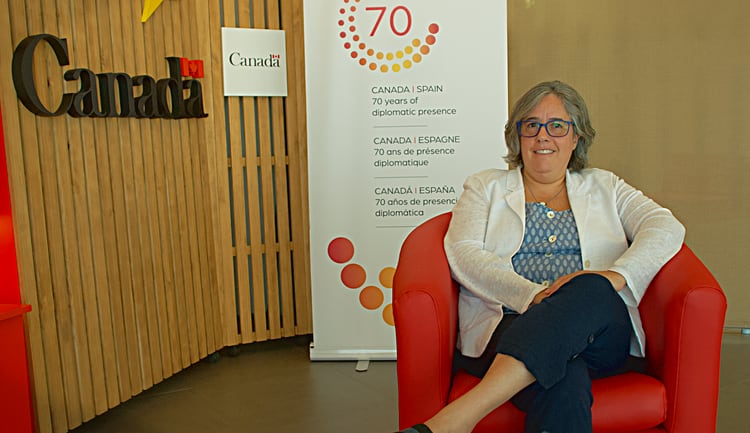Eduardo González
Madrid, Valencia, Valladolid, Vitoria-Gasteiz and Zaragoza have obtained the label of the EU mission to achieve one hundred climate neutral and smart cities by 2030.
Specifically, these five Spanish cities are among the ten European cities that this past Thursday obtained the label of the EU mission on smart and climate neutral cities, an initiative of the Horizon Europe program that recognizes the plans of cities to achieve climate neutrality by 2030 and facilitates access to public and private funding to achieve that goal. Along with Madrid, Valencia, Valladolid, Vitoria-Gasteiz and Zaragoza, the list includes the cities of Sønderborg (Denmark), Mannheim (Germany), Klagenfurt (Austria), Cluj-Napoca (Romania) and Stockholm (Sweden).
The EU mission label is a recognition of the successful development of the so-called City Climate Contracts, which present the cities’ overall vision for climate neutrality and contain an action plan and investment strategy. Cities develop their City Climate Contracts with local stakeholders, including the private sector and citizens, and obtaining the label will serve as an indicator of EU confidence in their climate neutrality plans, especially when targeting public and private funders.
On April 28, the Commission announced the 100 EU cities that will participate in the EU’s 100 climate-neutral smart cities by 2030 mission, from all 27 Member States, including 12 additional cities from countries associated or with the potential to be associated with Horizon Europe, the EU’s research and innovation program (2021-2027). In addition to the five mentioned, Spain included two other cities: Barcelona and Seville.
Once the list was approved, the Commission invited the 100 selected cities to develop City Climate Contracts. A first group of cities submitted their contracts in April 2023, and these were analyzed by the Commission with the help of experts from the European Investment Bank (EIB) and the Joint Research Centre (JRC).
Following a positive analysis, the selected cities received the EU mission label on Thursday, which aims to facilitate access to funding and regional, national and EU sources of finance and, in particular, private investment. “These ten cities are paving the way for others to move faster towards a just green and digital transition, and are an example of inclusive co-creation of policies at local level,” the Commission stressed.
The Commission, through the mission platform, currently managed by the NetZeroCities project, will continue to support the effective implementation of City Climate Contracts through practical advisory and funding programs (such as a €32 million pilot program combined with a twinning program). A further call for proposals on pilot cities, with a budget of EUR 20 million, is currently open until November 6.
The mission on cities is one of five EU missions under Horizon Europe that offer concrete solutions to some of our greatest societal challenges. These missions have ambitious objectives and aim to achieve concrete results by 2030. The other missions focus on climate change adaptation, cancer, ocean and waters, and soil. In July 2023, the Commission, in its Communication EU missions, two years on: assessing progress and the way forward, proposed the launch of an additional mission on the New European Bauhaus.







